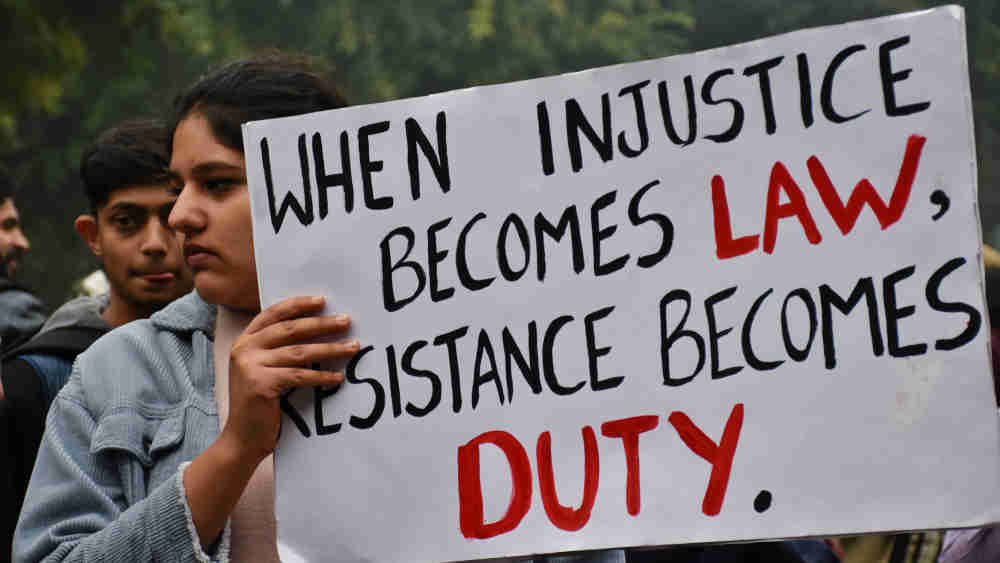The prime minister is worried. There are very few critics left in India, he said recently in a rare interview. Could the paucity of critics in India, a nation of, ostensibly, voluble, argumentative citizens, have something to do with how Narendra Modi and his government view criticism? The crackdown on dissenters — political opponents, journalists, activists, farmers — has been explicit. Many of them continue to be incarcerated for expressing or disseminating contrarian opinion. This is because any narrative or public campaign that seeks to challenge or be critical of the regime is deemed injurious to the health of the nation. A nation of ‘anti-nationals’, by the Bharatiya Janata Party’s logic, is bound to be short on critics and criticism. There is credible evidence of this intimidation that has now been institutionalized. India — the mother of democracies, according to Mr Modi — has had to suffer the ignominy of being downgraded to an electoral autocracy by a premier research institution. The country’s performance on other registers of the democratic ethos — the international press freedom index, for instance — has been equally dismal during the years of Mr Modi’s rule.
Yet, there is no shaking the prime minister’s faith in his receptivity to criticism. For instance, Mr Modi lauded the importance of constructive criticism in a democracy. He implied, and quite rightly too, that the quality of criticism is intrinsic to the health of a robust democracy. But the shadow, once again, has fallen between the prime minister’s words and deeds. If Mr Modi’s love and respect for the difference of opinion is so profound, why were legislations — the farm laws and the abrogation of Article 370 are examples — pushed without holding exhaustive consultations with the principal stakeholders? Why have visitations from income tax authorities become par for the course for the handful of media organizations that remain steadfast on their mission to speak truth to power? Why is the prime minister of democratic India on record attempting to tether fundamental rights and freedoms to the ‘duties’ of citizens? The answers to these queries are obvious. Mr Modi is an elected leader but of an authoritarian mould who appreciates conformity and obedience — not dissent. But then the democratic project is incomplete without critics. What does the near-absence of critics on Mr Modi’s watch then imply for the mother of democracies?











